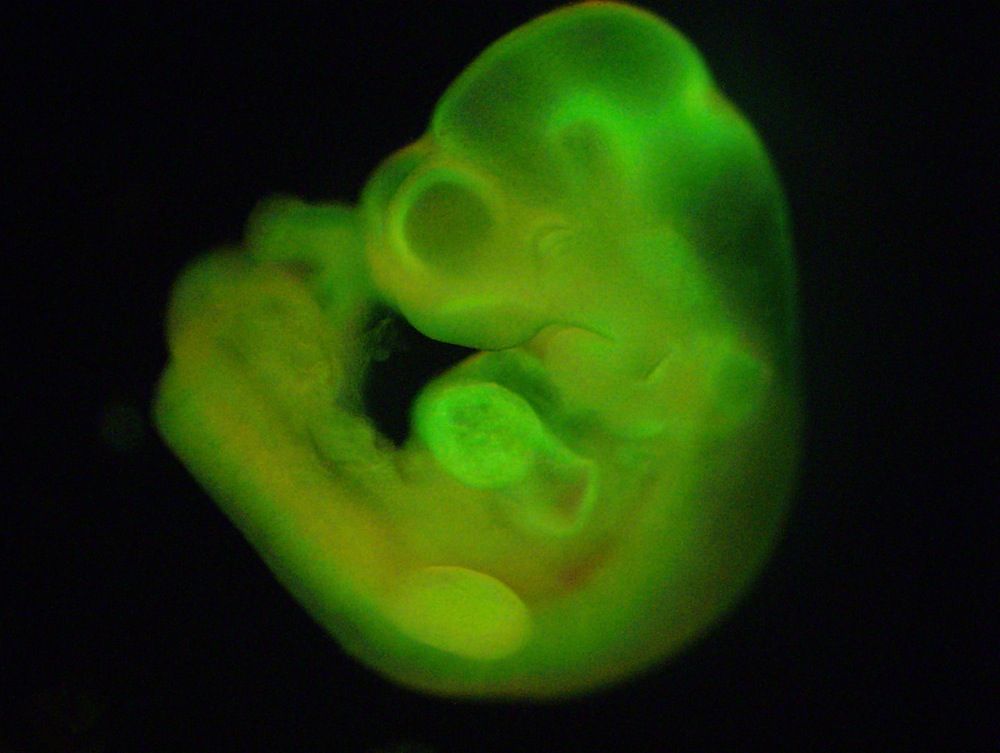
Acid Stem Cell Treatment Study Comes Under Scrutiny

A widely publicized pair of studies that demonstrated a simple way to generate stem cells that could develop into body tissues or placenta has drawn skepticism over its credibility.
Two prominent papers published in the journal Nature in January revealed a method for reprograming mature mouse cells into an embryonic form merely by exposing them to acid or other forms of stress. The RIKEN Center for Developmental Biology, in Japan, is now investigating possible problems or duplications in the papers.
Embryonic stem cells have the ability to develop into any tissue of the body, and therefore offer a promising way to study conditions such as cancer and regenerate tissue. Until recently, reprogramming cells required tinkering with the cell's DNA, but the new studies suggested it could be done much more simply, by placing the cells in an acidic solution or squeezing them to stress the cells. The researchers called the resulting cells "STAP" (stimulus-triggered acquisition of pluripotency) cells.
But several blogs are now suggesting the studies may contain duplicated images, and several other labs have failed to reproduce the study's results. However, the allegations of duplication have not been proven, and the investigation is ongoing.
Sign up for the Live Science daily newsletter now
Get the world’s most fascinating discoveries delivered straight to your inbox.


'Love hormone' oxytocin can pause pregnancy, animal study finds

'Mini placentas' in a dish reveal key gene for pregnancy









